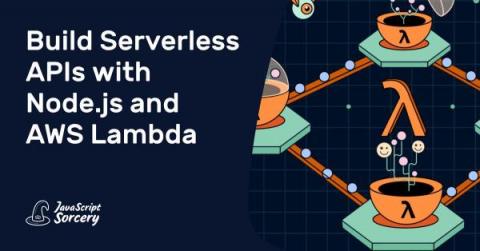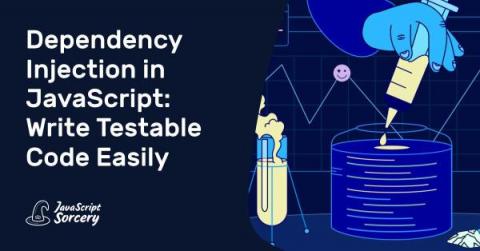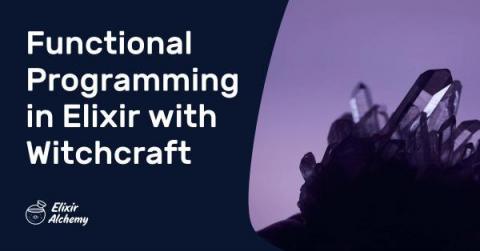Phoenix LiveView Under The Hood: The Form Function Component
Thanks to HEEx and function components, LiveView provides developers with a sleek, ergonomic syntax for building and maintaining sophisticated interactive UIs. LiveView's form/1 function component is a great example of this, making it easier than ever before to render complex forms within LiveView. However, the form/1 function component can feel a little mysterious to anyone unfamiliar with LiveView's function components.











